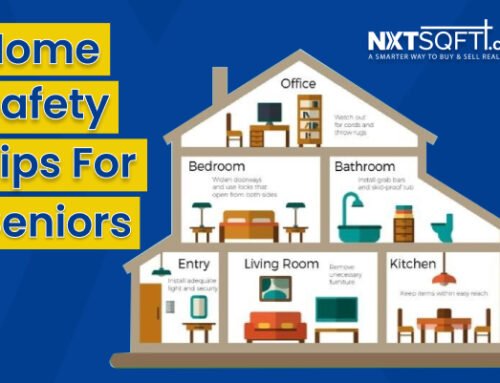Check the comparable (aka “comps”). Learn as much as you can about what a property is worth. We can provide you with current price data for comparable properties, which means:
· Same neighborhood
· Same size lot
· Same age and condition
· Same basic specs—equivalent square footage, number of bedrooms, and baths
· Similar terms of sale
Look at sales price trends. Ask us about recent pricing trends for comparable homes, such as the difference between the listing price and the sales price, and the difference between the assessed tax value and the market value.
Make an offer based on what you think the house is worth. Some listing prices are padded, others are priced to sell. You don’t want to lose a well-priced home by starting with a low-ball bid. Depending on the mortgage interest rate you qualify for, you can borrow more and pay a higher price for a home without increasing your monthly payment.
Consider some contingencies. It’s often a good idea to make your offer contingent on getting a home inspection which will help to identify potential problems you were unaware of. Your mortgage lender may require a pre-purchase appraisal, an independent valuation of the house that determines the maximum amount of money they will be willing to lend you. You can also make the contract contingent upon your real estate attorney’s review, receiving acceptable mortgage loan terms, or, if you are currently a homeowner, the sale of your own home. However, too many contingencies weaken your bargaining position and make your offer less desirable if there are competing buyers.
Prioritize what’s important to you. Decide where you have negotiating room—what you are willing to give up in exchange for a concession from the seller. Know your “must-haves” versus your “want-to-haves.” Items often negotiated include adjustments for repairs, what property stays in the home, closing costs, and move-in date. Your most important tool in negotiating is knowing what you want and what you’ll bargain with.
Include everything in your first offer. If it’s accepted, you may not be able to add anything. Do all negotiations in writing, with a deadline for a response, often 48 hours. Require that your deposit is held in an escrow account with interest credited to you. You are free to cancel an offer until it has been accepted.
Be patient. Negotiating could take time, and you want to avoid rushing into such an important purchase.
Thinking of selling or buying a home? Please text, call, or email to learn about your best options today!











